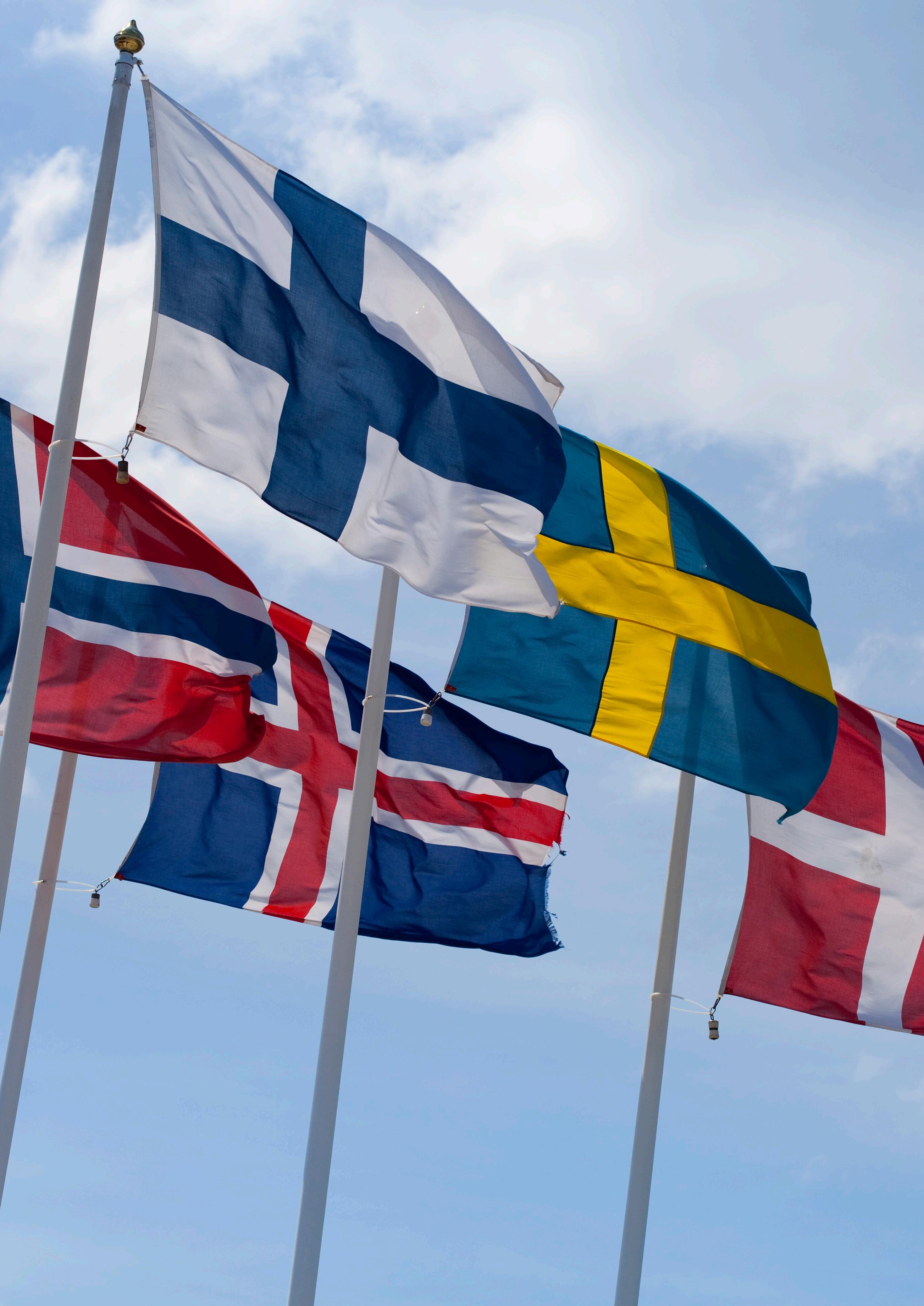
2 minute read
Mobilizing the arts for an inclusive digital transformation
Nordic Centre for Internet and Society leads large EU-research project on the arts for a sustainable and inclusive digital future.
KNUT MYRUM NÆSS, Communication advisor, BI Norwegian Business School
The consequences of the digital transformation for democracy, labour rights and privacy are extremely difficult to predict. While some private companies dominate the pace of technological change, civil society and government often struggle to be heard.
Against this background, the research project ARTSFORMATION recognizes that the arts can be a valuable partner and change maker to help achieve better and more inclusive digital transformations. 1. The arts make it possible to imagine the future and identify challenges that require our attention. A recent example is the Netflix series
Black Mirror, which, among other things, grapples with the societal role of tech companies. 2. The arts put technology into plausible and imaginable perspectives. Steep learning curves, intimidating new technologies and a reluctance to change established
behavioural patterns mean that many European companies are reluctant to integrate digital technologies. The arts can make technological benefits understandable. 3. The arts enable us to think critically about different futures. They give us ethical guidelines, as well as utopian and dystopian alternative worldviews of technological transformations. 4. Art boosts democratic potential. The arts inspire civic engagement by making complex and difficult problems such as data ethics, filter bubbles, fake news and algorithmic governance visual and tangible.
HOW CAN ARTISTS ENGAGE WITH BUSINESS AND SOCIETY? ARTSFORMATION will work with artists ranging from stage arts, painting and architecture, to graffiti and street art in an effort to understand how arts and transformation go together. “It is very much about understanding the artists’ perspective, how they relate to technology and its social consequences”, says Professor Christian Fieseler, who heads the project. “We are creating avenues to bring them into a dialogue with business and society, to become an even more relevant voice, and we are asking them to help us understand the digital transformation with new eyes.”
The project asks how business, politics and society can collaborate with artists to help imagine and build better, more inclusive and more sustainable worlds. “This will stimulate new insights for business to become more sensitive, sustainable and innovative”, says Fieseler. “Ultimately, we will develop and share new, arts-based methods for innovation, policy-making and community building.”
ARTSFORMATION will run for three years from 2020 to 2023, with a total grant of close to EUR 3 million. The Nordic Centre for Internet and Society at the Department of Communication and Culture at BI Norwegian Business School will head the project, with Copenhagen Business School and Trinity College Dublin as academic partners. The artistic and civil society partners are WAAG Society in the Netherlands, LATRA in Greece, KEA European Affairs in Belgium, transmediale in Germany, The Foundation for Art and Creative Technology in Great Britain and European Alternatives in France.
Throughout the project, artists, policy makers, civil society and business representatives from across Europe will be invited to participate in workshops and exhibitions in order to investigate wicked questions of the digital transformation, such as data rights, economic exclusion, and resilient democracies.








